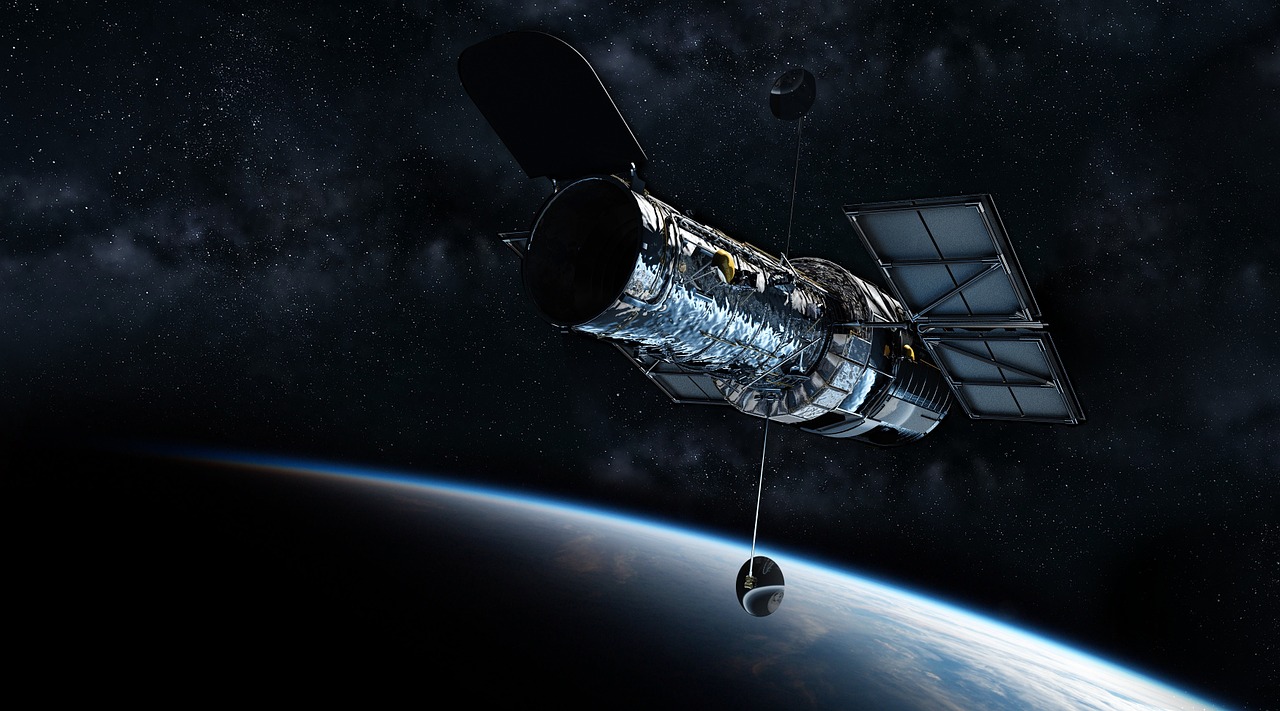Using space technology, Asia-Pacific countries addressing challenges on the ground
Asian and Pacific nations are leveraging space technology and geospatial information to respond to challenges on the ground, including in their efforts to mitigate the impact of the coronavirus pandemic, according to a new United Nations report.
UN News | Updated: 18-11-2020 20:22 IST | Created: 18-11-2020 16:57 IST
Released on Wednesday, UN Economic and Social Commission for Asia and the Pacific (ESCAP) report Geospatial Practices for Sustainable Development showcases good practices from the region applications of space technology to advance sustainable development.
"Night-light" satellite images monitoring the impact of lockdowns, "heatmaps" to chart out communities vulnerable to the pandemic and its socio-economic consequences, real-time situational analysis, and dashboards integrating a wide gamut of critical information to support decisions are some of the key examples cited.
The examples, according to the report, show how space applications and geospatial data played an important role in providing essential location-based and temporal data to make an overall data map and snapshots on the COVID-19 pandemic for policymakers and the public.
Strengthening resilience
In addition, combining spatial data from contact tracing, quarantining, and social distancing with digital solutions and artificial intelligence (AI)-driven risk analytics can help enhance community resilience.
Such applications can also help in the recovery phase to build back better, by providing an evidence base for decisions on the easing of lockdown and the resumption of economic and social activities, the report added.
"The effective integration of geospatial data, with existing statistics and ground-based information, will be key to delivering the timely data needed for governments, businesses, communities and citizens to make evidenced-based decisions", said Armida Salsiah Alisjahjabana, Executive Secretary of ESCAP.
The report, issued two years after Asian and Pacific countries endorsed an ambitious plan of action on the use of space technologies to support sustainable development also provides a baseline for assessing future progress in the region.
Importance of partnerships
In addition to presenting an overview of the status along with thematic areas such as disaster risk, natural resource management, connectivity, social development, energy, and climate change, the report also highlights the importance of multi-stakeholder partnerships.
"Many regional and country-based efforts are sparking innovations that attract both public and private capital, supporting start-ups and spinoffs from space applications research and pilots," said ESCAP.
The report outlined seven key recommendations for policymakers to integrate applications of geospatial information into their planning and actions towards achieving the Sustainable Development Goals (SDGs).
These include investments to cultivate national experts; incorporating geospatial information into national institutions and platforms; integrating geospatial data with other data sources; employing geospatial data to create, implement and monitor policies; ensuring privacy, safety and ethics of data; providing open data access; and encouraging local to international collaborations.
Visit UN News for more.
